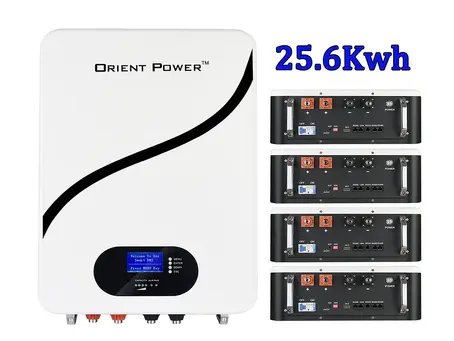top of page
Search


The Power of Integration: Combining LiFePO4 Batteries with Smart Home Technology
Integrating LiFePO4 batteries with smart home technology allows homeowners to take full control of their energy use. By combining advanced energy storage with smart devices and automated energy management systems, households can reduce electricity costs, improve efficiency, and enhance energy security. Discover how this powerful integration creates a smarter, more sustainable home.
Jophine Hemor
22 hours ago3 min read


LiFePO4 Batteries in Cold Climates: Why They’re Perfect for Winter Power Needs
Winter brings unique challenges for energy storage systems. Freezing temperatures can significantly reduce battery performance, reliability, and lifespan especially in residential, commercial, and off-grid applications. Choosing the right battery technology is critical to ensure uninterrupted power during cold months.
Jophine Hemor
Jan 22 min read


How an Industrial Facility Saved 30% on Energy Costs with LiFePO4 Batteries
As energy prices rise and industries push toward sustainability, businesses are turning to smarter energy storage solutions. LiFePO4 (Lithium Iron Phosphate) batteries have become a preferred choice for large facilities looking to cut costs, improve reliability, and support renewable energy integration.
Jophine Hemor
Dec 26, 20252 min read


LiFePO4 for Backup Power — The Ultimate Solution for Homeowners
Power outages caused by storms, grid failures, and natural disasters are becoming more frequent around the world. For homeowners, having a reliable backup power solution is no longer a luxury—it’s a necessity. LiFePO4 (Lithium Iron Phosphate) batteries have emerged as the most dependable option for home backup systems, offering unmatched safety, long lifespan, and stable performance during emergencies.
Jophine Hemor
Dec 19, 20252 min read
bottom of page





